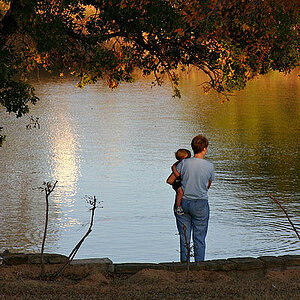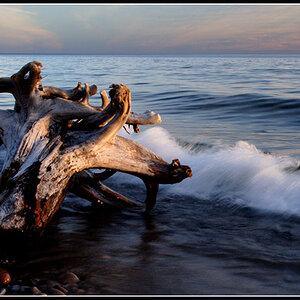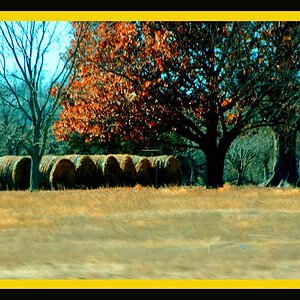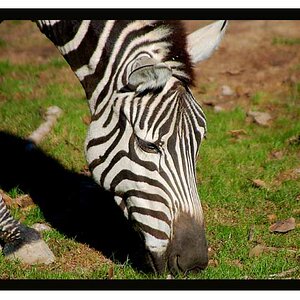Destin
Been spending a lot of time on here!
- Joined
- Sep 11, 2010
- Messages
- 3,864
- Reaction score
- 1,383
- Location
- Western New York
- Can others edit my Photos
- Photos OK to edit
Alright guys I think I know the answer but I'm not 100% sure. Keep in mind I'm in NY state.
I shoot alot of mountain bike races. This year the event organizer is choosing photographers using an open bidding system: whoever offers him more money to shoot gets exculsive photo sales rights for the event. I told him that I won't pay him to shoot the races, simply because it's not practical for me. I was already only making $200-300 per race for about 5 hours of shooting and 3 hours of driving for each race. So all you need from this paragraph is that I told him that I won't pay to shoot, and therefore I don't have the right to sell the photos from his races. Now they are all on private property so he does have the right to tell me I can't take/sell photos right?
Alright to make this even more fun: One of the races is in a state park, aka public property. So does that mean that he can't legally stop me from taking and selling photos from that race? Or because he payed to use the land, can he stop me? Keep in mind, the trails are NOT closed to the general public during the race.
Thanks for your expertise guys!
I shoot alot of mountain bike races. This year the event organizer is choosing photographers using an open bidding system: whoever offers him more money to shoot gets exculsive photo sales rights for the event. I told him that I won't pay him to shoot the races, simply because it's not practical for me. I was already only making $200-300 per race for about 5 hours of shooting and 3 hours of driving for each race. So all you need from this paragraph is that I told him that I won't pay to shoot, and therefore I don't have the right to sell the photos from his races. Now they are all on private property so he does have the right to tell me I can't take/sell photos right?
Alright to make this even more fun: One of the races is in a state park, aka public property. So does that mean that he can't legally stop me from taking and selling photos from that race? Or because he payed to use the land, can he stop me? Keep in mind, the trails are NOT closed to the general public during the race.
Thanks for your expertise guys!


![[No title]](/data/xfmg/thumbnail/39/39290-dfb3e819bd94a7f30797638ae1ae27cf.jpg?1619738958)

![[No title]](/data/xfmg/thumbnail/39/39291-a89dc472765e04f66f617dd9acc8030d.jpg?1619738958)
![[No title]](/data/xfmg/thumbnail/34/34061-e097813b3719866d07ff3e78e8119ffa.jpg?1619736258)


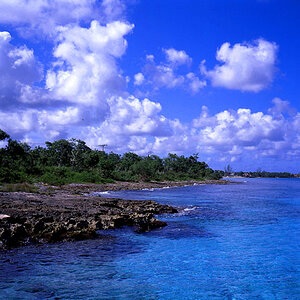
![[No title]](/data/xfmg/thumbnail/42/42034-6262420ff3ea238f05395bbcc7ae1f28.jpg?1619739985)
